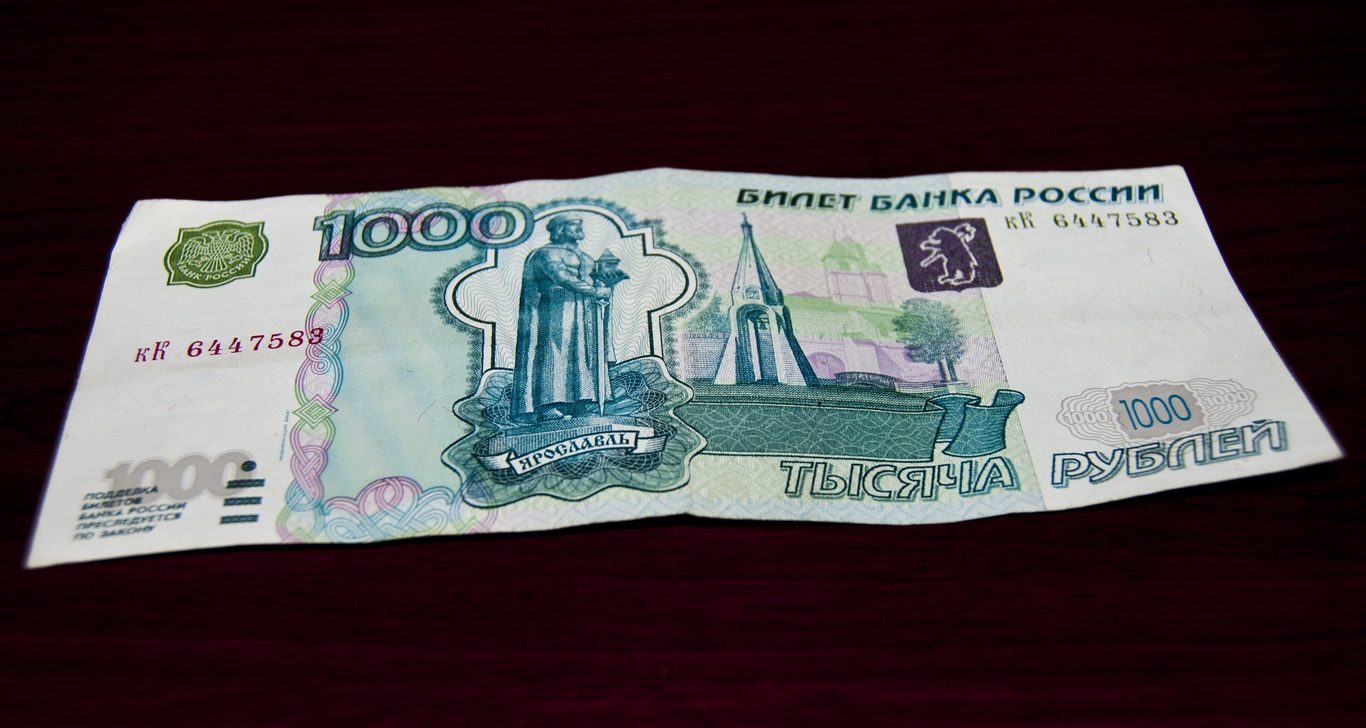
On Thursday, May 19th, the EU Commission decided to allow gas importers to open ruble accounts for gas payments to Gazprombank. For a long time, the EU Commission had rejected the Russian demand for payment in rubles, as it was considered to violate EU sanctions against Russia. The condition for this turnaround is that European customers pay the bill to another account, in euros or dollars. The exchange of Western currencies into rubles would then have to be made via a second account from the Russian side. By taking this detour, the payments would be in line with EU sanctions, EU Commission officials announced, according to reports in the Kurier.
Despite this possibility, however, the EU Commission recommends against setting up a ruble account, although no legal consequences are attached to this recommendation. Prior to the official decision, some German companies had already opened such ruble accounts, as had the Italian energy company, Eni.
The Commission’s decision came just in time for several companies with open invoices that needed to be paid. German Economics Minister Robert Habeck (Greens) expressed confidence that this payment method would be acceptable to Gazprom: “I assume that this works and will work,” Habeck said. “As far as there have been discussions with Russian companies, with Gazprom, this has also been clarified.”
While countries like Germany and Italy still receive around 35-40% of their gas from Russia, Austria, for example, is dependent on Russian gas for about 80% of its consumption. Polish companies, on the other hand, had refused to open a ruble account and were accordingly cut off from the gas supply. Finland, too, had refused to open a ruble account, as a result of which gas supplies to Finland have been cut off as of Saturday, May 21st, reports the Finnish gas company Gasum.
